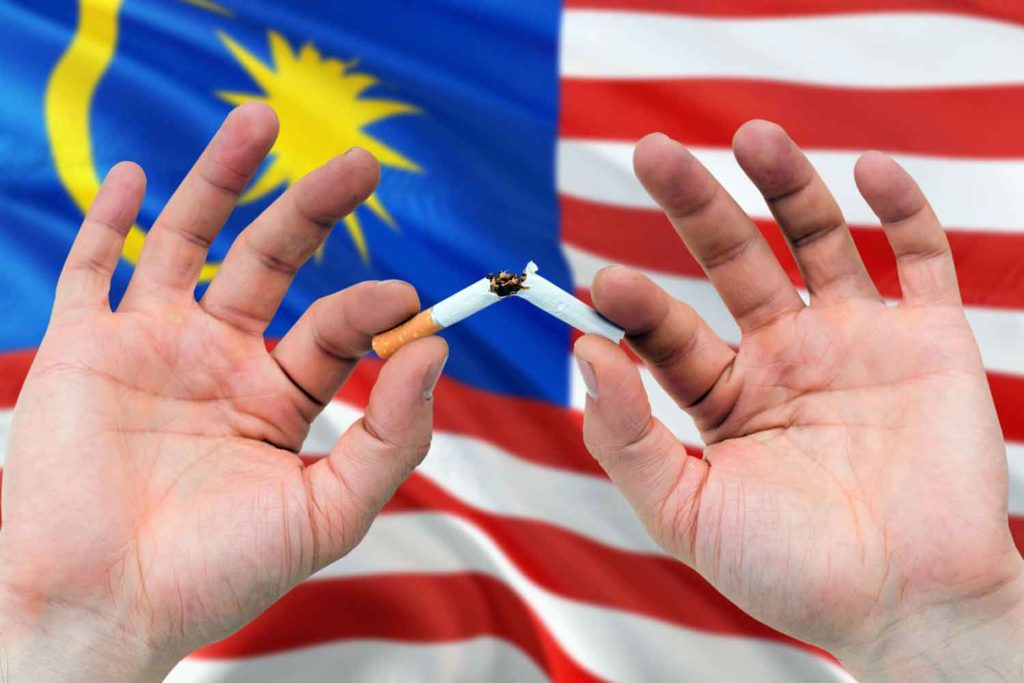Malaysia’s proposed Control of Tobacco Product and Smoking Act breaches basic human rights, according to the nation’s leading tobacco industry group. Tabled for its first reading on July 27, the bill bans individuals born in 2007 or later from smoking, buying or possessing tobacco and related products. Offenders face stiff penalties, including imprisonment.
The Confederation of Malaysian Tobacco Manufacturers (CMTM) says adult Malaysians are protected under Section 6 of the Consumer Protection Act 1999, which allows them to make their own choices without worry of prejudice or repercussions.
“Moreover, these laws give the authorities too much power as it allows them to check your personal details, raid your home, inspect your telephone or luggage and access your personal details,” the group said in a statement dated July 31 and cited by the Malay Mail.
“Then you will have to give them your password, face arrest, be subject to body checks and see your home entered without permission for inspection.
“In the end, instead of creating a smoke-free generation, we are creating a generation of criminals who are being punished for buying a product others can buy.”
The CMTM also argued that prohibition will boost the illegal tobacco trade, which currently supplies 60 percent of the market estimated at MYR5 billion ($1.12 billion). The group said individuals will have to hide their habit and be stigmatized as criminals.
Meanwhile, the Special Parliamentary Select Committee on Health, Science and Innovation has urged the government to ease the punishment for teenagers caught smoking cigarettes, according to the New Straits Times.
Instead of threatening jail time, the law should penalize juvenile offenders in practical and positive ways, through community service or mandatory counseling sessions for example, the committee argued.
“We are also concerned over aspects of enforcement power in the bill itself, especially involving juveniles and even children,” said committee chairman Kelvin Yii.
“The power to inspect, possibly conduct body checks and punish a child for possession must be heavily controlled to prevent abuse. This is why the guidelines for enforcement must be very clear and specific on this to ensure the vulnerable, especially the poor, are not victimized by the law.”




















